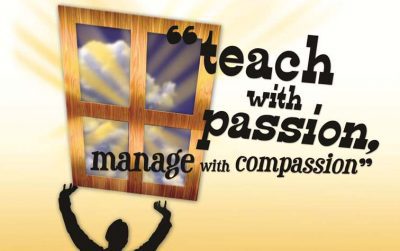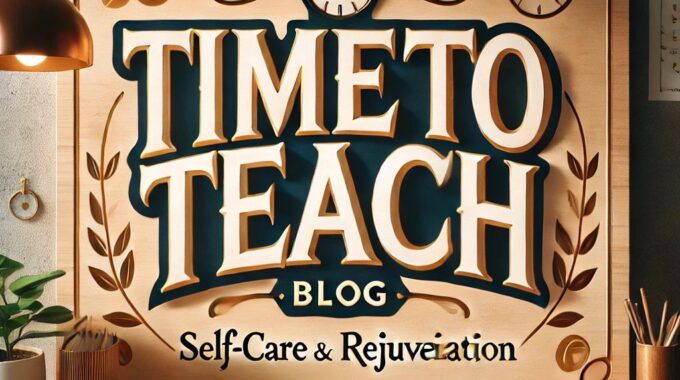As we turn the corner into spring, it’s the perfect time to refresh our teaching…
8 questions that help get at authentic, real world work
We believe in thanking our sources! This post was sourced from the following blog/website: http://feedproxy.google.com/~r/dangerouslyirrelevant/~3/NFgrJhUGt-0/8-questions-that-help-get-at-authentic-real-world-work.html
The following is a new blog post related to education and teaching and relevant to our website visitors. The blog post is not based on the opinions or values of our company but is related to education and teaching, so we wanted to share it with YOU! If you ever have any questions please let us know. Now… on to the post!
 If your goal for a lesson, unit, or other instructional activity is to move toward more authentic, real world work, consider these 8 questions from Section B of the 4 Shifts Protocol. If you like your answers, awesome! Keep doing that! If you’re not where you want to be yet, pick a couple of questions and select your desired answers instead (e.g., Yes instead of No or Somewhat). Then do a redesign pivot: How could you redesign the student learning experience to get to your desired answers? Brainstorm with some colleagues or a coach about how to shift the two questions you picked toward more authentic work. Then go do that instead to get closer to your goal!
If your goal for a lesson, unit, or other instructional activity is to move toward more authentic, real world work, consider these 8 questions from Section B of the 4 Shifts Protocol. If you like your answers, awesome! Keep doing that! If you’re not where you want to be yet, pick a couple of questions and select your desired answers instead (e.g., Yes instead of No or Somewhat). Then do a redesign pivot: How could you redesign the student learning experience to get to your desired answers? Brainstorm with some colleagues or a coach about how to shift the two questions you picked toward more authentic work. Then go do that instead to get closer to your goal!
B. Authentic Work
- Real or Fake. Is student work authentic and reflective of that done by experts outside of school?
- Yes / No / Somewhat
- Authentic Role. Are students asked to take on an authentic societal role as part of their learning?
- Yes / No / Somewhat
- Domain Practices. Are students utilizing authentic, discipline-specific practices and processes? [Engaging in the actual practices and processes that are used by people in that discipline; for example, doing what historians, scientists, writers, artists, business professionals, etc. do, not some artificial or classroom version of that work]
- Yes / No / Somewhat
- Domain Technologies. Are students utilizing authentic, discipline-specific tools and technologies? [Using the actual tools and technologies that are used by people in that discipline; for example, using the real tools that historians, scientists, writers, artists, business professionals, etc. use, not some artificial or classroom versions of those tools]
- Yes / No / Somewhat
- Research and Information Literacy Strategies. Are students utilizing authentic, discipline-specific research, inquiry, and information literacy strategies?
- Yes / No / Somewhat
- Authentic Assessment. Are students creating real-world products or performances for authentic audiences?
- Yes / No / Somewhat
- Contribution. If yes, does student work make a contribution to an audience beyond the classroom walls to the outside world?
- Yes / No / Somewhat
- Assessment Technology. Are digital technologies being used in authentic ways to facilitate the assessment process?
- Yes / No / Somewhat
The 4 Shifts Protocol is a fairly new resource that helps teachers, principals, and instructional / technology coaches shift student experiences toward deeper learning, greater student agency, more authentic work, and rich technology infusion. The protocol provides some fairly concrete ‘look fors’ and ‘think abouts’ and can be used as both a diagnostic and a redesign tool. For best results, focus on claims and evidence. That is, if we say something is there (e.g., real-world products or performances for authentic audiences), we should be able to point to it and say, ‘Yes, it’s right there and it’s awesome!’
So far the 4 Shifts Protocol is proving to be a nice complement to SAMR, TPACK, Triple E, PBL, UbD, and other instructional frameworks. And many educators are using these smaller shifts in existing lessons and units to build the capacity of themselves and their students to do more complex project- and inquiry-based work. The protocol is free and licensed under a Creative Commons Attribution-Share Alike International copyright license, so use and modify it as desired!
Let me know what questions you have. Hope the protocol is useful to you!
See also
- 8 questions that help get at deeper learning and thinking
- 9 questions that help get at student agency and personalization
- 12 questions that help get at robust technology infusion
Time To Teach reviews each blog post by our contributors but if you feel this is a blog post better suited for another page please let us know.
Teachers and Educators are our heroes. We want to thank you for the work you do!
Yours In Education!
Time To Teach


Comments (0)